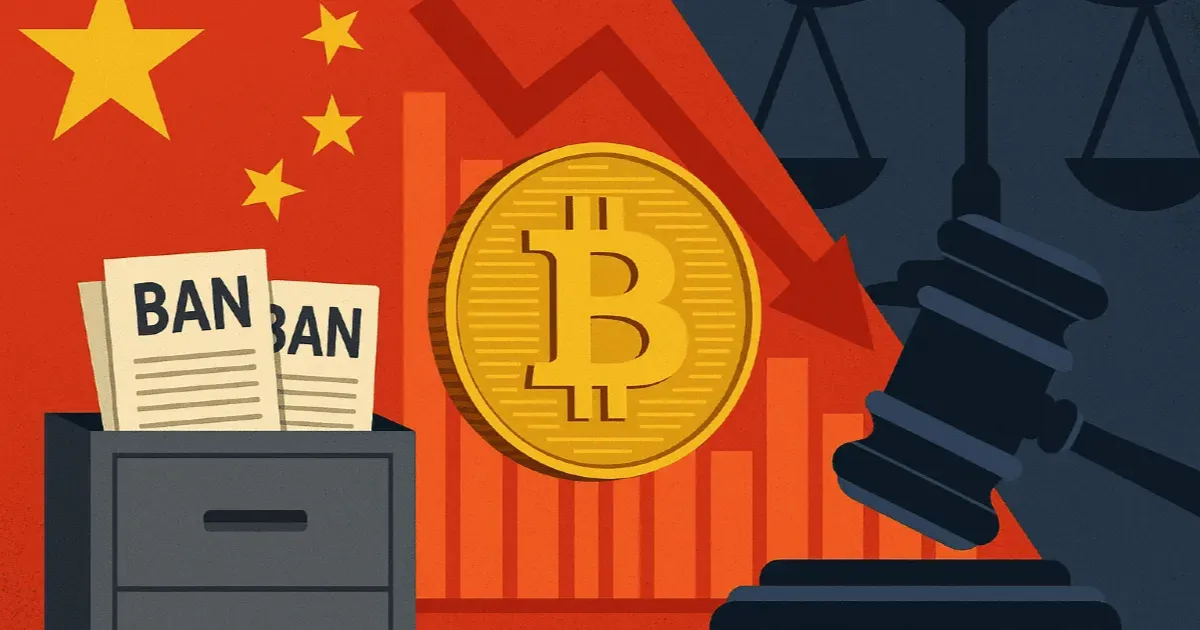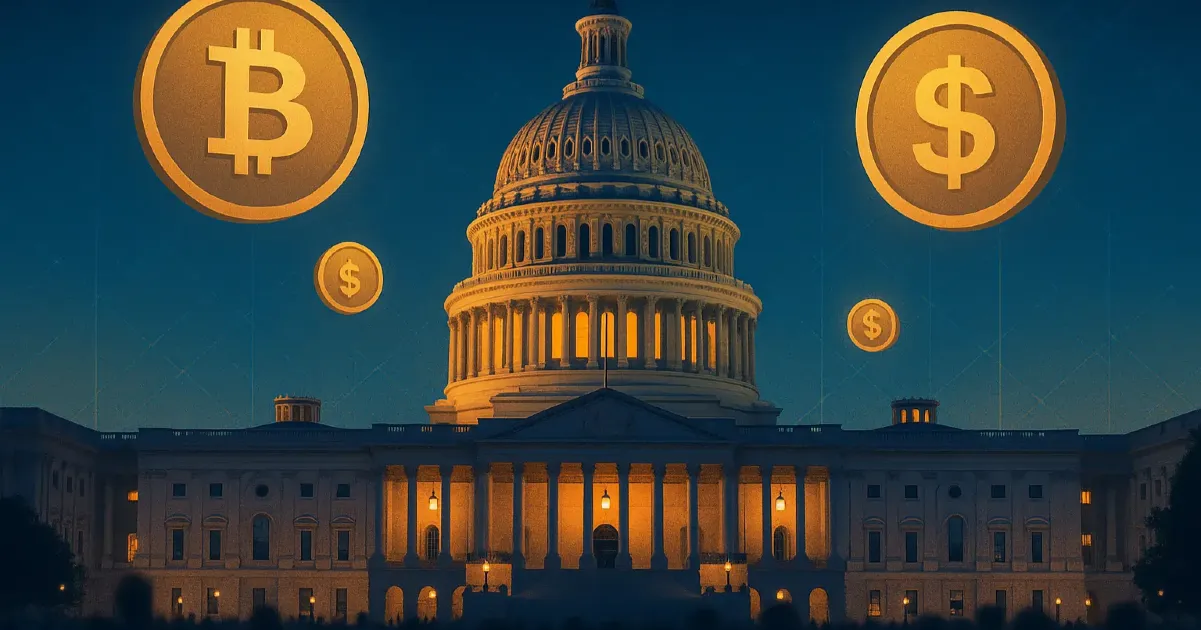Gate wrecks traders.Io's LA token perpetual contract pricing glitch, a ban on crypto influencers in the Philippines, and more.
Bitcoin ban allegations are rampant in China.
Since the country's crackdown on crypto trade and mining in 2021, there has been no shortage of reports in the crypto world that China is about to unban Bitcoin.
However, the story has shifted over the last week, with several media outlets reporting that China has now officially banned Bitcoin ownership. One of the most commonly shared tales was from India's Financial Express, which quoted an alleged "Binance" report.
The magazine discovered no such study authored by Binance, and the exchange did not respond to a request for comment. Magazine also discovered no corroborating information from Chinese state media or other government sources.
According to a May 30 article on Binance Square, China has declared a new restriction on holding cryptocurrency, including Bitcoin. Binance Square serves as a content-sharing social network for the exchange's users. According to its terms and conditions, Binance is not responsible for inaccuracies in user-generated content.
Even China would be unlikely to impose a blanket ban on cryptocurrency ownership. Despite prohibitions on trading and mining, Chinese courts have repeatedly decided that cryptocurrencies are legally protected property. In November, a Shanghai judge confirmed that crypto assets are not specifically outlawed and referred to Bitcoin as a commodity.
Gate.io faces a $30 million compensation cost.
A sharp price increase in the Lagrange-USDT perpetual contract on Gate.io has sparked controversy, with numerous traders reporting forced liquidations and even negative balances within seconds of starting short positions.
The controversy began when Binance announced that Lagrange (LA) would be listed on its Alpha program, which provides early access to new coins. Traders in the crypto market spotted a familiar opportunity, as Alpha-listed coins frequently decline in price shortly after listing.
Instead of a fall, LA's price on Gate.io skyrocketed to as high as $25, although it was selling for less than a dollar on other exchanges, sparking a wave of liquidations.
Instead of a fall, LA's price on Gate.io skyrocketed to as high as $25, although it was selling for less than a dollar on other exchanges, sparking a wave of liquidations.
Some users accused Gate.io of price manipulation, trading against users, or orchestrating a liquidation scam. Others questioned the decision to launch a highly illiquid token such as LA for leveraged trading in the first place. According to one message, a trader lost more than $200,000.
Gate.io delisted the LA perpetual about 15 minutes after its introduction, citing "abnormal price behavior."
Kevin Lee, the exchange's chief business officer, responded and denied any manipulation. According to Lee, the rise was triggered by an "index price feed anomaly," which was further exacerbated by the exchange's automated risk measures.
"There was no internal manipulation, sniper liquidation, or intentional targeting of users," he wrote.
Gate stated that it delisted the LA contract to mitigate further damage. It promised to repay all accounts that went into negative balances and to let users keep any lawful trading earnings. The exchange's total compensation bill is projected to reach $30 million.
Shanghai uses blockchain for paperwork.
Beginning July 1, Shanghai's Pudong district will formally implement blockchain-based electronic document rules.
Pudong authorities issued a 16-article document outlining requirements for blockchain-based e-document applications. It describes how corporations and governments might use blockchains to manage, issue, and verify official documents.
These guidelines were accepted internally on April 30 after Shanghai's local congress issued the country's first locally enacted law governing blockchain-enabled papers on December 31, 2024. Pudong's guidelines were made public on June 3.
The implementation rules define technical and operational requirements such as document validity, digital identity verification, cross-chain interoperability, and system resilience.
They also encourage cross-border data flows, integration with China's central bank digital currency, and the creation of international standards that will assist Pudong in establishing itself as a blockchain innovation hub for digital trade.
Crypto influencers fear a crackdown in the Philippines.
The Philippines' Securities and Exchange Commission has issued sweeping new rules requiring crypto influencers to obtain formal authorization before promoting digital tokens or crypto-asset services.
The market watchdog's most recent policy order tightens limitations on marketing and public offers, effectively barring many popular actions without official approval.
The laws apply to not only registered crypto businesses but also third-party service providers, such as individuals who promote tokens online. Social media posts, YouTube videos, podcasts, and even educational content may be considered "marketing" if the producer obtains remuneration or benefits. Those found in violation may face fines, suspensions, or possibly up to five years in prison.
The SEC stated that persons who publish crypto-related instructional content will be deemed to be marketing a financial product unless they can demonstrate that the content was created in good faith, only for educational purposes, and without any gain. If not, they must register as financial advisers or state that they are agents for the crypto asset service provider they were hired to promote.
Even airdrops are under examination. The regulations state that an airdrop is not deemed free if the recipient gives up data, value, or non-monetary benefits in exchange.
Furthermore, any firm distributing crypto-assets to the public in the Philippines must now register as a corporation and obtain approval from the SEC or other appropriate regulators. This comprises companies that manage exchanges, issue tokens through initial coin offerings, or other crypto intermediation services such as brokerage, advising, or custodial.






